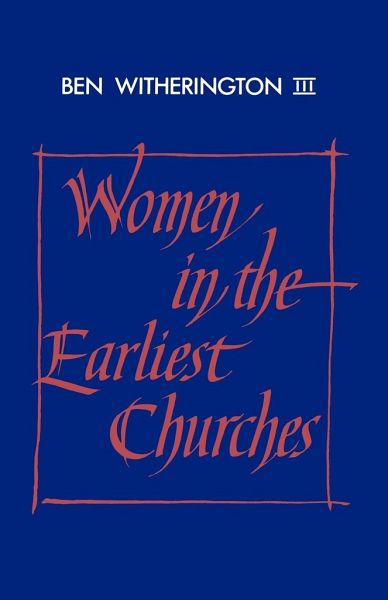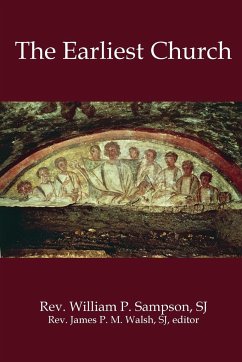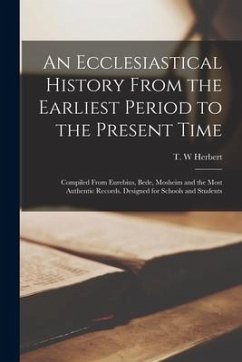
Women in the Earliest Churches
Versandkostenfrei!
Versandfertig in 1-2 Wochen
30,99 €
inkl. MwSt.

PAYBACK Punkte
15 °P sammeln!
This book examines the roles and functions that women assumed in the early Christian communities from AD 33 to the Council of Nicaea. It surveys, too, the views about women held by various New Testament authors including Paul and the Evangelists. In a careful and judicious study, Ben Witherington shows that early Christianity was neither unreservedly patriarchal nor adamantly feminist in its view of women and their roles, but rather charted a middle course which combined a reforming of the predominantly patriarchal framework of society with an affirmation of new religious roles for women. Now ...
This book examines the roles and functions that women assumed in the early Christian communities from AD 33 to the Council of Nicaea. It surveys, too, the views about women held by various New Testament authors including Paul and the Evangelists. In a careful and judicious study, Ben Witherington shows that early Christianity was neither unreservedly patriarchal nor adamantly feminist in its view of women and their roles, but rather charted a middle course which combined a reforming of the predominantly patriarchal framework of society with an affirmation of new religious roles for women. Now available in paperback, this is the first book to survey such a large amount of material exegetically, and make use, at the same time, of original languages and texts.
Table of contents:
Preface; Abbreviations; Introduction; 1. Women in first-century Mediterranean cultures; 2. Women and the physical family in the Pauline epistles; 3. Women and the family of faith in the Pauline epistles; 4. Women and the Third Evangelist; 5. Women in the churches of Matthew, Mark, and John; 6. Trajectories beyond the New Testament era; Conclusions; Notes; Bibliography.
Table of contents:
Preface; Abbreviations; Introduction; 1. Women in first-century Mediterranean cultures; 2. Women and the physical family in the Pauline epistles; 3. Women and the family of faith in the Pauline epistles; 4. Women and the Third Evangelist; 5. Women in the churches of Matthew, Mark, and John; 6. Trajectories beyond the New Testament era; Conclusions; Notes; Bibliography.










![An Outline of the History of the British Church From the Earliest Times to the Period of Reformation [microform]: Collected From the Best Authorities, Cover An Outline of the History of the British Church From the Earliest Times to the Period of Reformation [microform]: Collected From the Best Authorities,](https://bilder.buecher.de/produkte/65/65632/65632580n.jpg)



